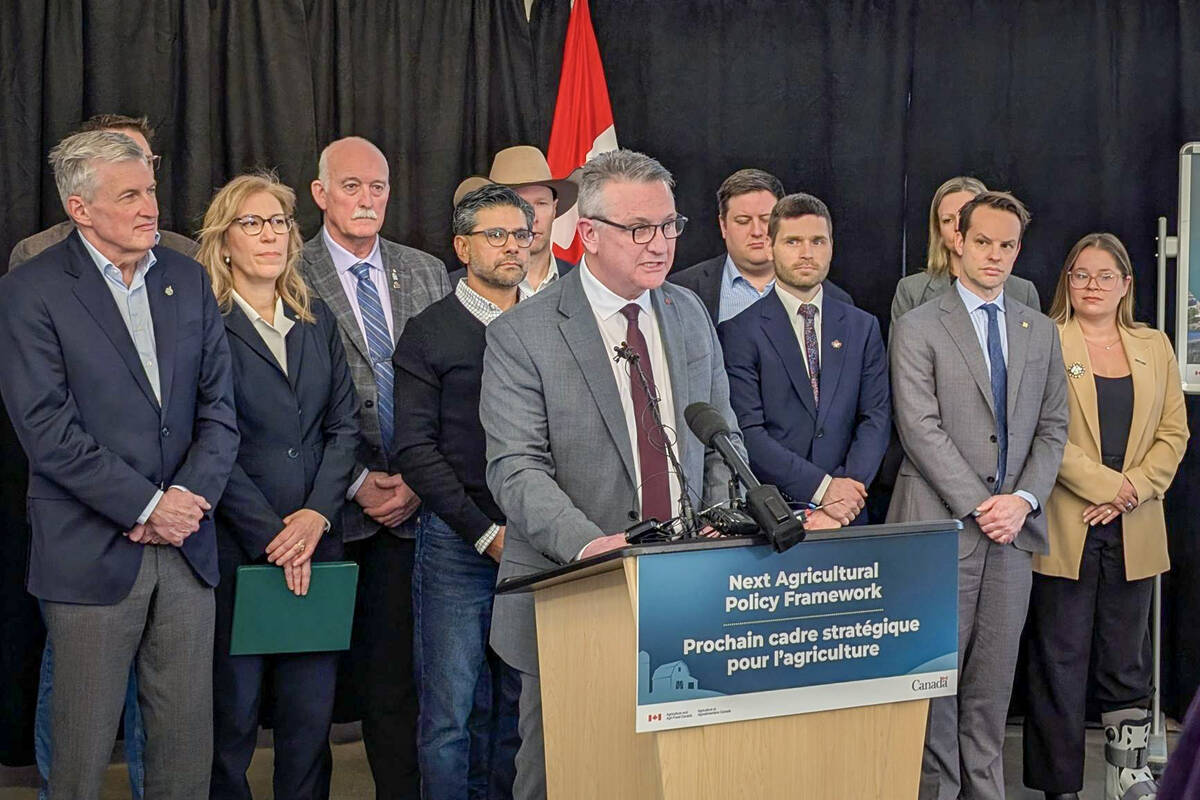UPDATED—Bunge’s merger with Glencore-backed Viterra has closed, the companies confirmed on Wednesday.
“Today is a defining moment for our company,” said Bunge CEO Greg Heckman in a news release. “Together we’ve formed a stronger organization with enhanced capabilities and expertise.”
Bunge and Viterra announced intentions to merge the companies in June 2023. China granted its approval to the US$34 billion merger in mid-June of this year — the final regulatory hurdle to the deal.
Canada approved the merger on January 14 with conditions that Bunge would divest of six Western Canadian grain elevators, invest at least C$520 million in Canada within five years, and with strict controls on Bunge’s minority stake in grain company G3.
Read Also

Agriculture Minister hosts agriculture leaders, launches policy framework talks
The federal government has begun working with agriculture groups and stakeholders to develop its next agriculture policy framework the federal agriculture minister announced on Tuesday.
Canadian farmers’ concerns
The merger, which creates a grain giant on par with Cargill and Archer Daniels Midland (ADM), has raised concerns about the effects of market consolidation.
The Agricultural Producers Association of Saskatchewan commissioned a study by three University of Saskatchewan academics, which found that the merger could increase the export basis by 15 per cent and crush margins by 10 per cent, resulting in a $770 million net annual loss to farmers.
Bunge chief executive officer Greg Heckman responded to that study in an op-ed piece, saying the findings were based on false assumptions and incomplete data.
For instance, a fundamental assumption of the academics’ model was that the merged enterprise would operate the G3 and Viterra grain export capacities as a single firm, which Bunge says is “objectively false.”
Canada’s Competition Bureau also reported the deal was “likely to result in substantial anti-competitive effects and a significant loss of rivalry between Viterra and Bunge in agricultural markets in Canada”.
It also determined the transaction was to likely to harm competition in markets for grain purchasing in Western Canada, as well as for the sale of canola oil in Eastern Canada. Bunge and Viterra disputed these claims.
Diversified supply chains
With the merger complete, the company will be positioned to “connect farmers in the world’s largest production regions to areas with the fastest-growing consumption,” Bunge said in the Wednesday news release.
The company will see better geographic balance of its value chains, access to more origination markets, and a diversified network covering all major crops, it said. The combined company also expects to see more stable cash flows and improved business risk and credit profiles.
Under the merger terms, Swiss-based Glencore received 32.8 million shares in Bunge, representing 16.4 per cent of the enlarged company, and around $900 million in cash which will be subject to later adjustment under the merger terms, Glencore said in a statement.


















